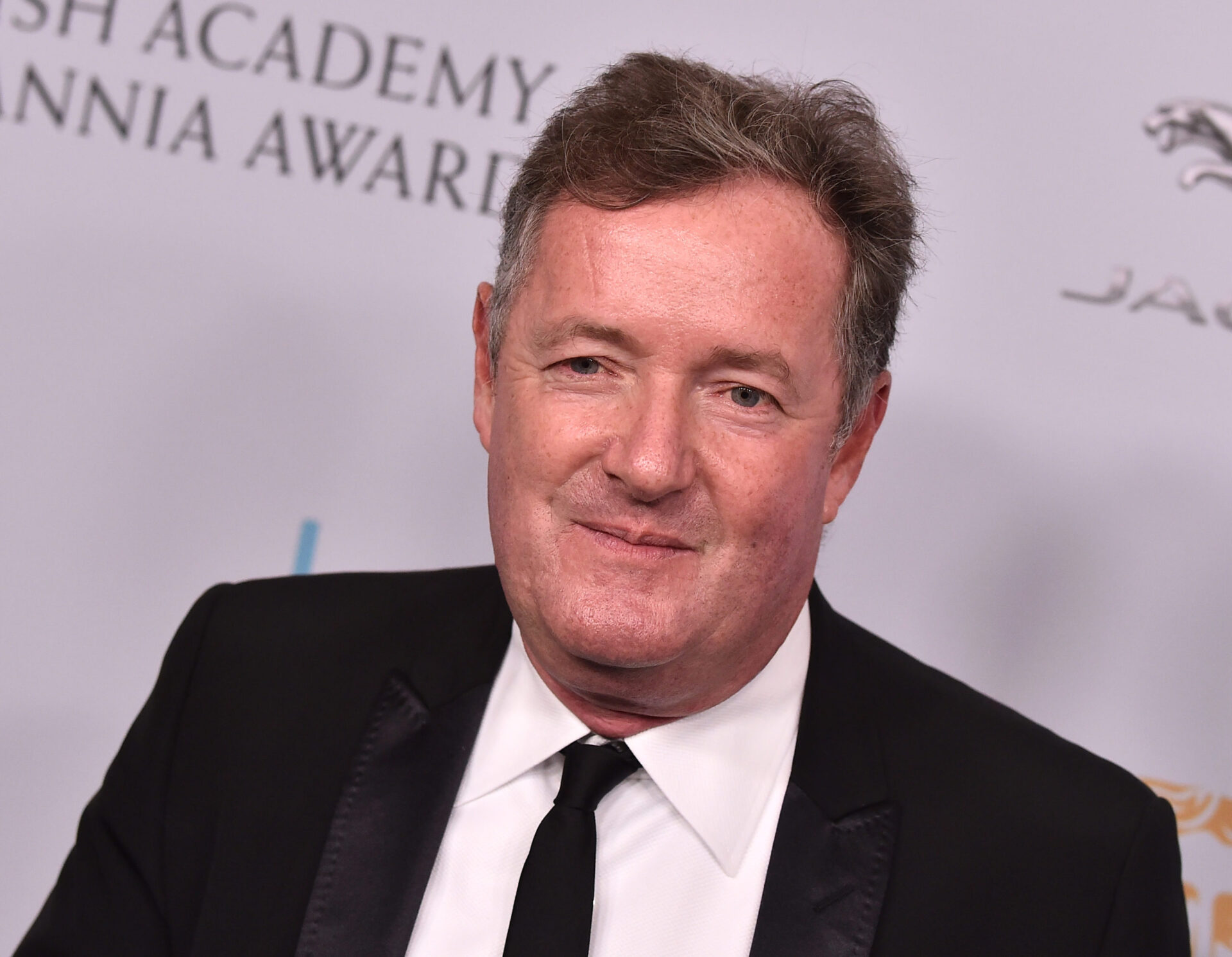ITV and Piers Morgan: nobody is bigger than the brand

By Megain Buchan, Deputy Head of Energy
The media has been alight this week with the hotly anticipated interview of Meghan Markle and Prince Harry. Once aired on Monday night, Twitter and news sites alike were awash with opinion, insight and takeaways from the interview that “shook the monarchy”.
In the UK’s media, no one is perhaps more opinionated or scathing than Piers Morgan. Known for his years as a tabloid editor who attracted controversy for scandals around breaking news, he has built a profile as a contentious media figure. And on this occasion, he didn’t hold back. On Good Morning Britain he let everyone know that he “didn’t believe a word” Meghan had told Oprah Winfrey about her mental health.
The fallout? 41,000 Ofcom complaints in less than 24 hours, beat only by the race row between Jade Goody and Shilpa Shetty on Celebrity Big Brother in 2007. And on Tuesday morning, he was challenged by co-presenter Alex Beresford on his opinion – resulting in Piers walking out of the studio for 10 minutes. By Tuesday night, ITV issued a statement saying: “Following discussions with ITV, Piers Morgan has decided now is the time to leave Good Morning Britain. ITV has accepted this decision and has nothing further to add.”
But why the swift departure? Put simply, Piers’ thoughts and actions didn’t align with ITV’s brand. And in business, it’s important to remember that no spokesperson (ok maybe Steve Jobs and Elon Musk) is bigger than the brand.
On Tuesday, ITV chief executive Dame Carolyn McCall stated she “completely believed what [Meghan] says”, noting that ITV is “totally committed to” mental health. In addition, mental health charity Mind, which partners with ITV on its Britain Get Talking campaign, also criticised Morgan, saying it was “disappointed” by the presenter’s comments.
So for communications professionals there are a few takeaways that we can feed into how we build our spokespeople’s brands externally.
- For anyone talking about sensitive topics like diversity, inclusion or mental health, ensure they are properly briefed on the causes close to your businesses’ heart.
- In addition, align your messages across channels and spokespeople – nobody wants two spokespeople contradicting each other.
- Finally, remember opinions will always be sought out, but by media training your spokespeople to feel comfortable in saying they “can’t comment on that” and ensuring they are briefed on key messages, they can accurately represent your brand first.
Of course Piers has built his career on outlandish opinions and with a large following, it won’t be long before he returns to our screens. But the question is how careful will brands be to associate with him if he is quick to pass opinion on some of the most sensitive and important issues facing us today?

